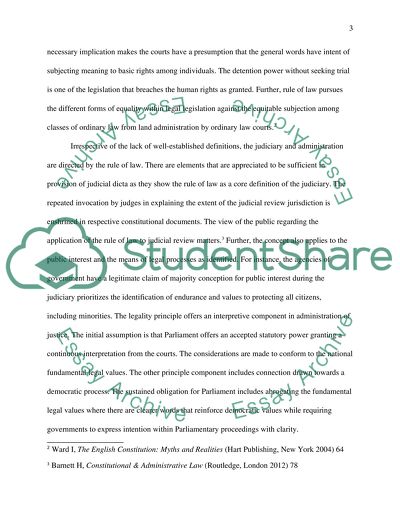Cite this document
(“Public Law Outline Example | Topics and Well Written Essays - 2750 words”, n.d.)
Public Law Outline Example | Topics and Well Written Essays - 2750 words. Retrieved from https://studentshare.org/law/1673375-public-law
Public Law Outline Example | Topics and Well Written Essays - 2750 words. Retrieved from https://studentshare.org/law/1673375-public-law
(Public Law Outline Example | Topics and Well Written Essays - 2750 Words)
Public Law Outline Example | Topics and Well Written Essays - 2750 Words. https://studentshare.org/law/1673375-public-law.
Public Law Outline Example | Topics and Well Written Essays - 2750 Words. https://studentshare.org/law/1673375-public-law.
“Public Law Outline Example | Topics and Well Written Essays - 2750 Words”, n.d. https://studentshare.org/law/1673375-public-law.


